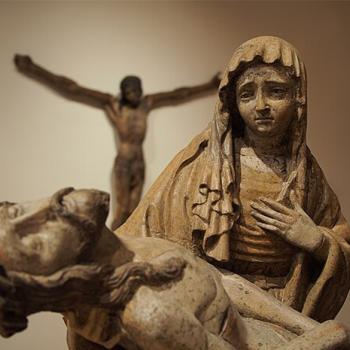What is the thrust of the argument in Romans 4? Is Paul mainly concerned to present Abraham as an example of individual belief and trust in God? Or is the argument mainly about Abraham as father of both Jews and Gentiles? Is Abraham’s faith presented as the means by which he receives right standing with God, and so will be saved at the final judgment? Or is his faith presented as the means by which he becomes the father of nations?... Read more




















